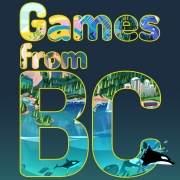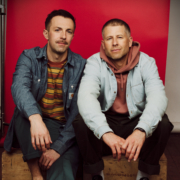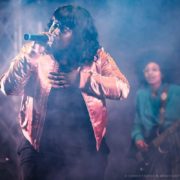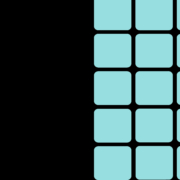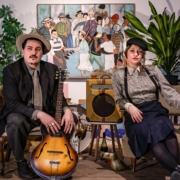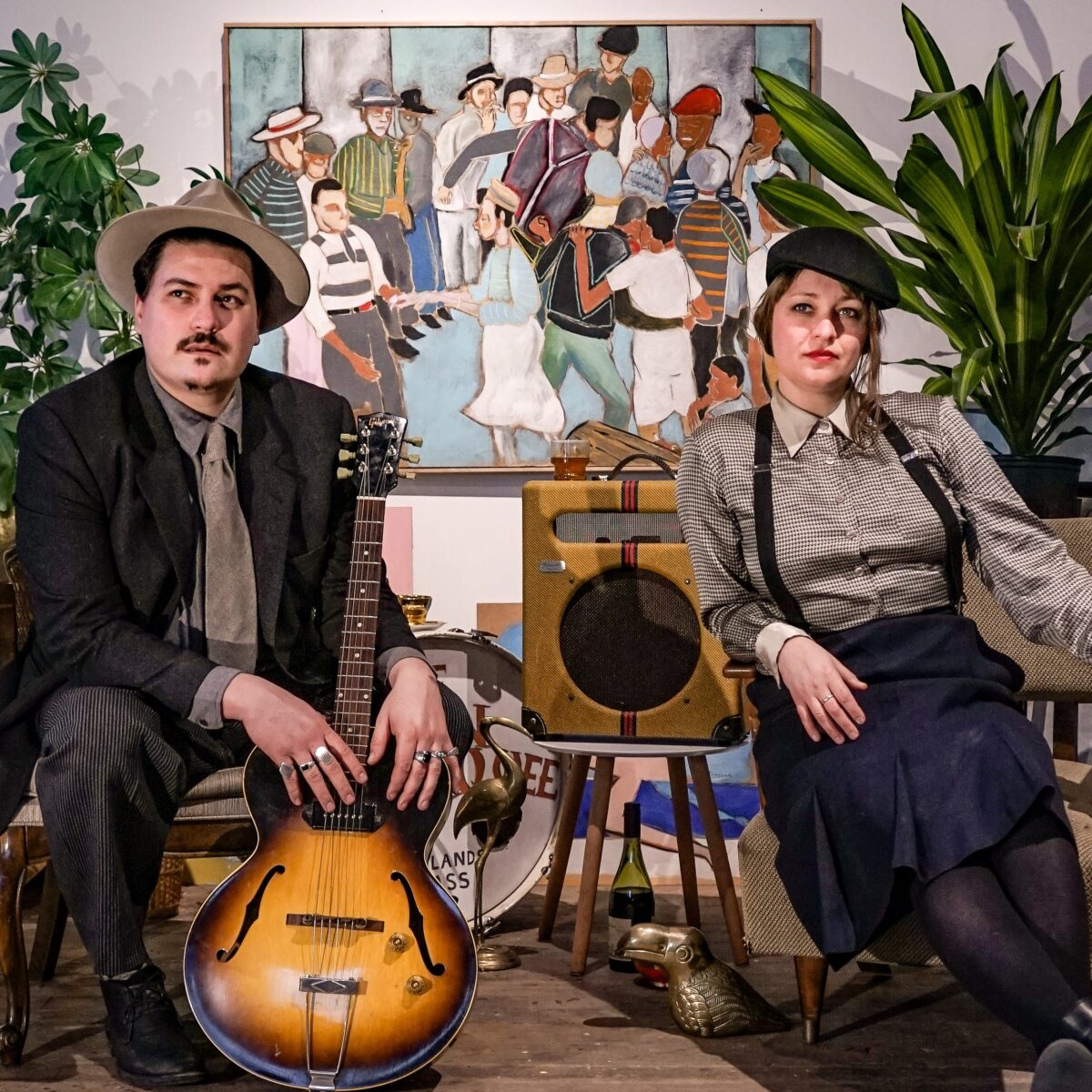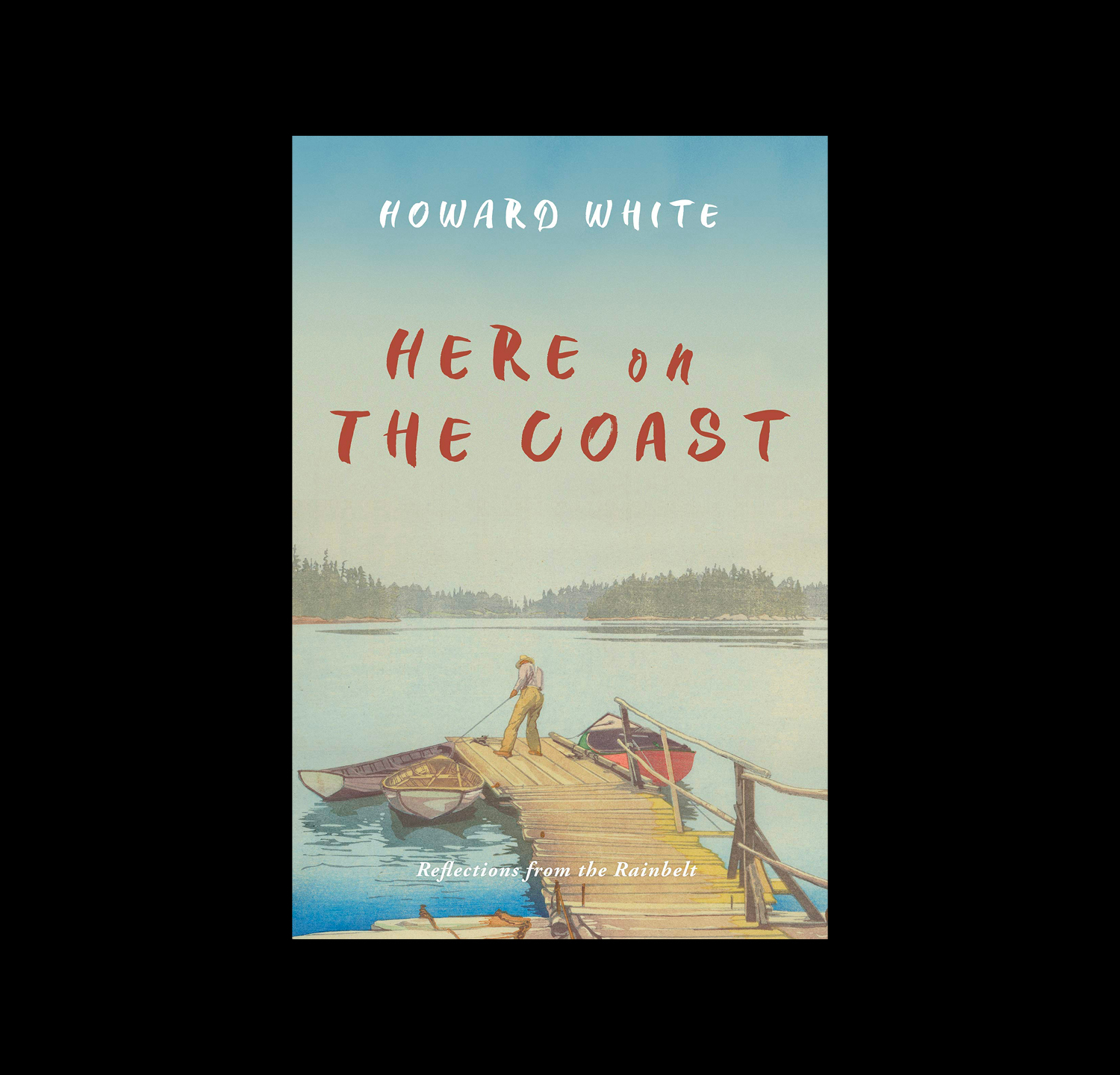The Immersive Knowledge Transfer Podcast is a creation of the IM4 Media Lab with the aim to amplify the voices of Indigenous creatives working with immersive technologies.
The IM4 Lab was created by Indigenous filmmaker, Loretta Todd, alongside media matriarchs Doreen Manuel, Cease Wyss, and Tracey Kim Bonneau. IM4 is in collaboration with Emily Carr University to offer workshops training Indigenous peoples in XR. IM4 is dedicated to Indigenizing VR/AR/360 by enabling Indigenous communities to find effective ways to incorporate these technologies into educational, cultural, language, artistic and commercial applications.
Through long-form interviews, community highlights and musical guests, host Cheyanna Kootenhayoo aka DJ Kookum and guests share the experiences, insights and stories of Indigenous digital leaders and artists from around the world. Today on BC Creates, IM4 Media Lab podcast host Cheyanna shares her insight on the relationship between storytelling and immersive technology.
[su_youtube url=”https://www.youtube.com/watch?v=f-T_ho8ifXc” width=”700″]
About IM4 Media Lab
What parallels do you see between immersive technology and traditional storytelling?
Traditional storytelling back in the day was not just telling stories verbally but visually using pictographs. I think with immersive technology we are re-creating traditional storytelling using technology.
How do you think immersive storytelling strengthens storytelling?
Immersive storytelling allows for the viewer to be immersed in a point of view allowing for more empathy. Immersive technology allows those to learn by interacting with the environment they are immersed within.
Do you have any memorable experiences or quote from a guest on the show so far that has really stuck with you?
I really enjoyed connecting with our brothers and sisters down in New Zealand. It’s very interesting to hear the similarities in our cultures and storytelling and how we are using the same technologies to revitalize our stories and languages.
What advice do you have for creators wanting to get started in VR/AR?
There are great resources online for creators to start learning. There are accessible programs people can use to start creating their own projects such as A-Frames where those can access through the internet, and there is Unity Game Engine that is free to download. Individuals can join IM4’s VR/AR workshops where they will be able to interact, learn and ask questions from the IM4 instructors. In each live workshop students get the chance to complete their own project by the end with the help of the instructors.
How do you see the podcast strengthening and promoting work in VR/AR?
Different mediums can reach different audiences. Each person may have their favorite way of consuming information and a podcast is another way for those to learn and gain information about VR/AR. The podcast is an extension of the Immersive Knowledge Transfer Series the IM4 lab co-hosted a webinar series with VIFF in the summer 2020. In this case those who would rather listen can learn about immersive technologies from a podcast.
How can we or the public access the type of immersive storytelling shared on the podcast? How does one get started and find the resources to consume and view these type of projects?
There are 360 videos and VR projects that people can access online although they would need a headset to view to get the full immersive experience. If you check out IM4’s website the featured guests on our webinar series and podcast share their work. In addition to the podcast, IM4 has a YouTube channel people can re-watch the IKT webinars learn more about immersive media.
How can we encourage audiences to discover and engage with this new type of experience?
If people have the opportunity they can get the chance to try on a headset and there are great VR/360 videos that can be viewed for free online.

Listen to the Immersive Knowledge Transfer Podcast here
IM4 Media Lab
Website | Instagram | Twitter | Facebook | LinkedIn
DJ Kookum


